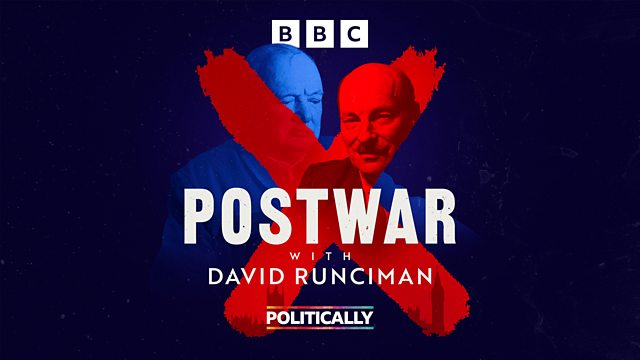3. The Beveridge Report
David Runciman tells the story of the 1945 election and the dawn of a new age. William Beveridge's plan was an answer to the question of what we were fighting for.
David Runciman tells the story of the 1945 election and the dawn of a new age.
The 1945 general election was one of the biggest shocks in British parliamentary history: a decisive rejection of Winston Churchill and his leadership. The election of Clement Attlee's Labour government in a landslide marked a break with the past and signalled a strong desire on the part of the British people for something new. But it was also a product of Britain's wartime experiences and revealed the many ways in which the country had already changed.
The years that followed -- the postwar years -- would bring about bold and radical reform, the building of a new nation, a 'New Jerusalem'. The Britain of the National Health Service and the welfare state, of nationalised industry and the so-called 'postwar consensus' -- all were ushered into place with this election. This is the Britain that most have us have grown up in and which still shapes an idea of who we think we are.
The Beveridge Report was a detailed plan for a universal social security system, intended to vanquish what its author William Beveridge envisioned as Five Evil Giants: Want, Disease, Ignorance, Squalor and Idleness.
Published in November 1942, it became a huge popular success, representing a hope for when the war was over and also an answer to the question of what we were fighting for. Battling Beveridge's Five Giants underpinned plans for the postwar welfare state. But who could most be trusted to deliver those plans?
Featuring historian Lucy Delap.
Last on
More episodes
Broadcast
- Wed 11 Jun 2025 13:45ÃÛÑ¿´«Ã½ Radio 4
Podcast
-
![]()
Politically
Conversations with leading political figures reflecting on their lives in politics.


